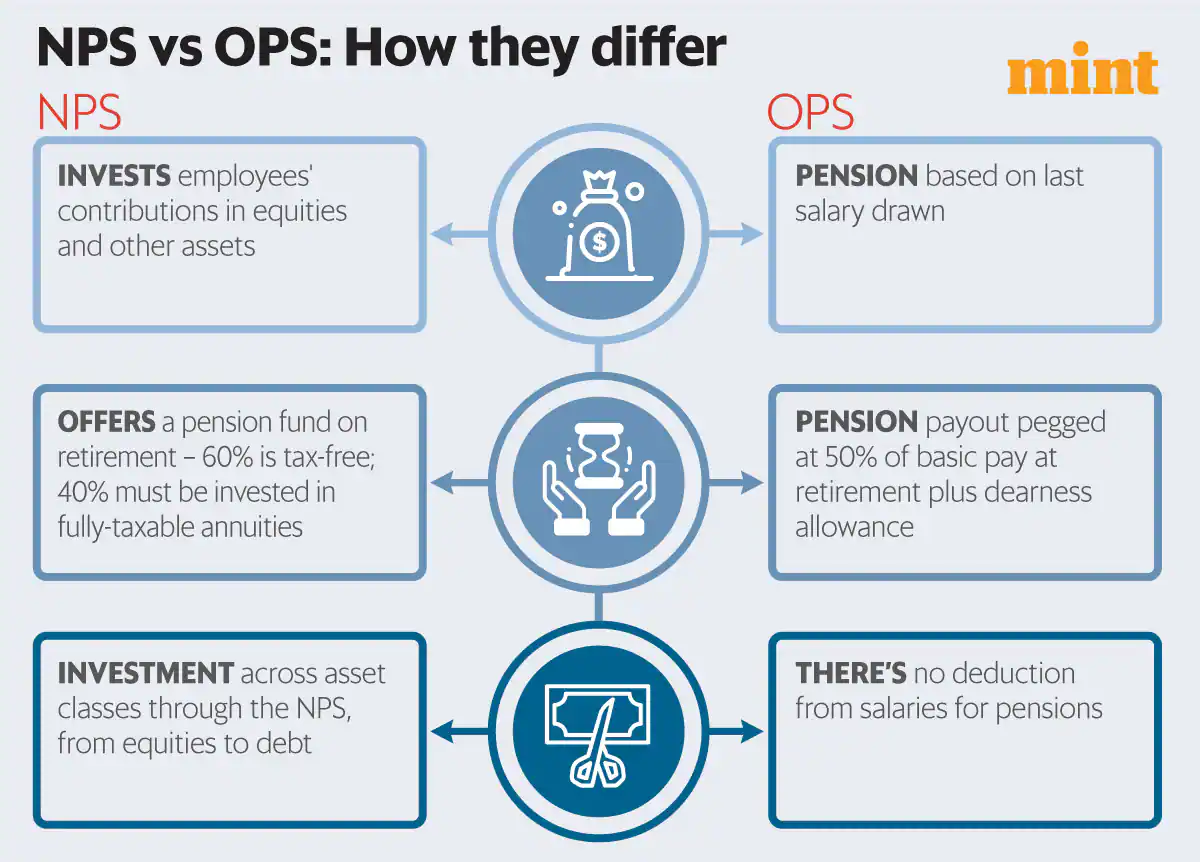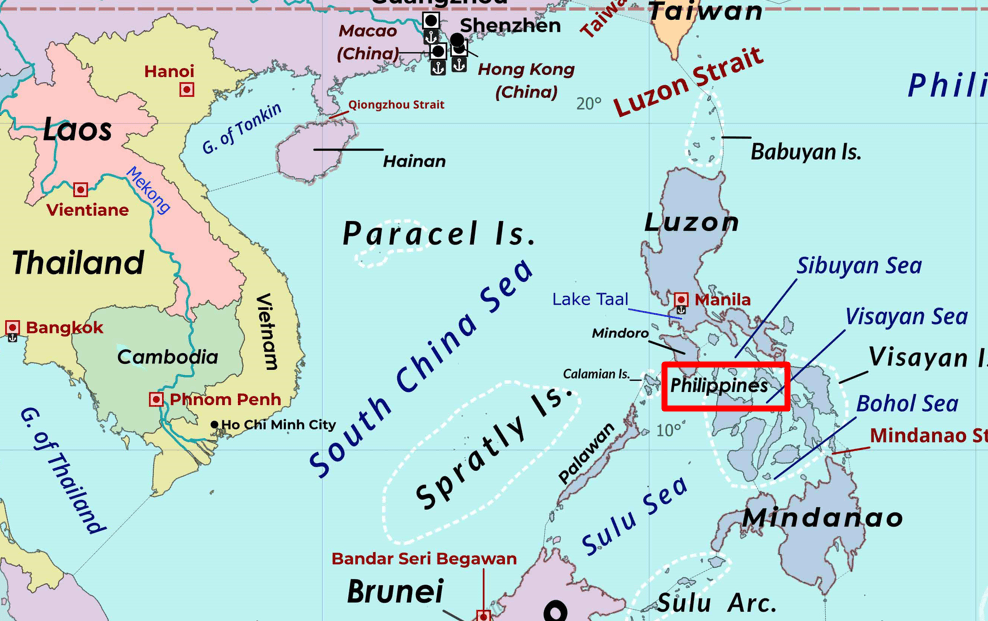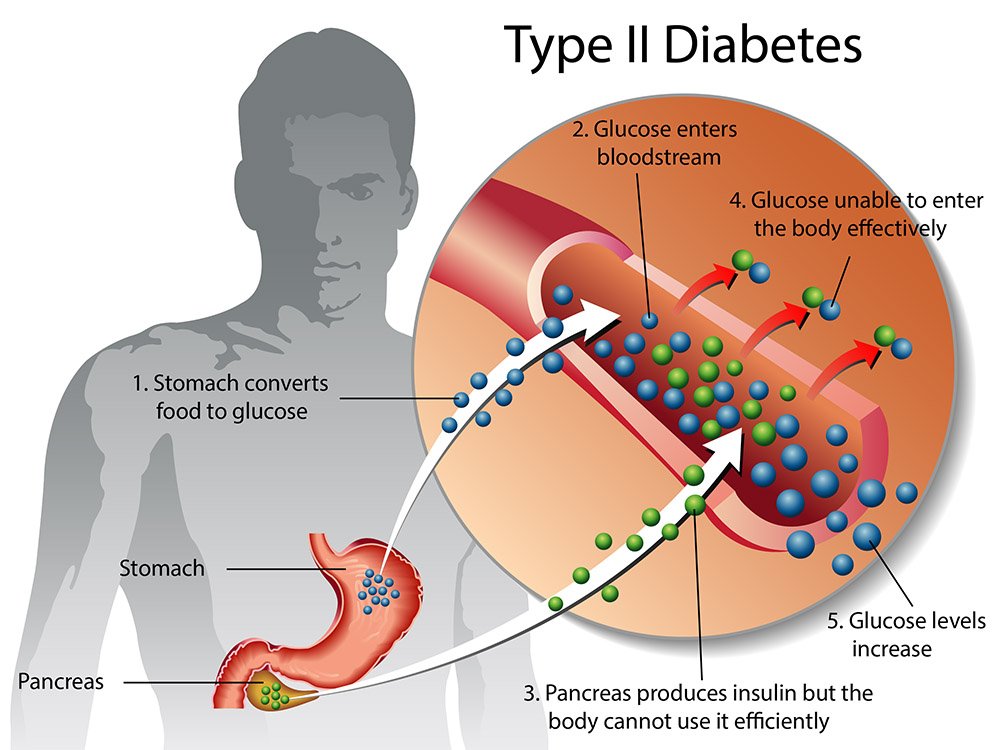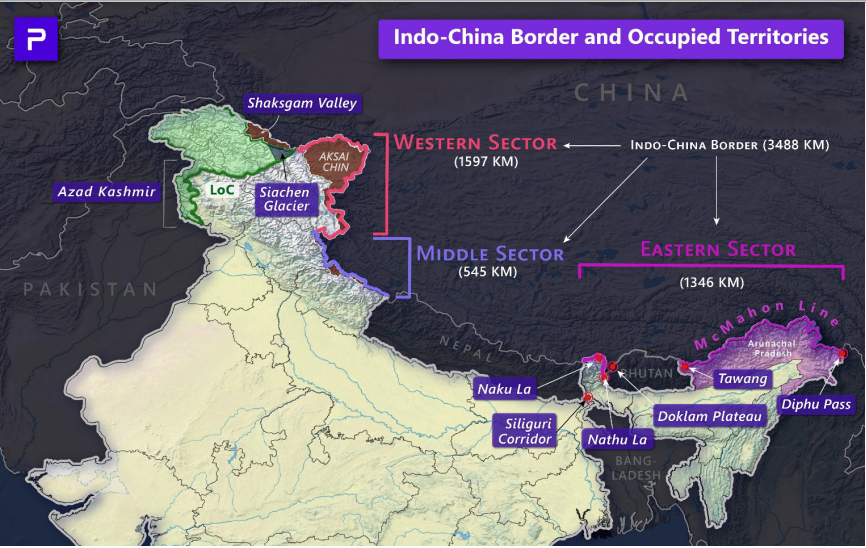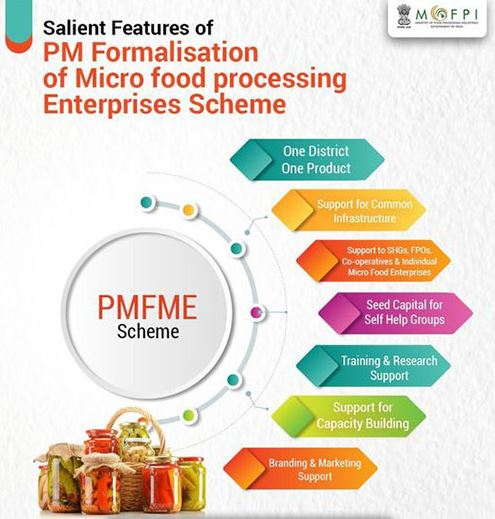
Redistribution of Privately Owned Property
Subscribers of "Current Affairs" course can Download Daily Current Affairs in PDF/DOC
Subscribe to Never Miss an Important Update! Assured Discounts on New Products!
Must Join PMF IAS Telegram Channel & PMF IAS History Telegram Channel
- Context (IE): The SC’s nine-judge bench has begun interpreting Article 39(b) of the IC.
- It will decide whether this directive principle of state policy (DPSP) allows the GoI to redistribute privately owned properties as “material resources of the community“.
- In the present general elections, the Inheritance Tax has also become a significant part of the poll agenda.
To know more, visit > Inheritance tax
Article 39(b) of the IC
- It falls under Part IV of the IC titled DPSP.
- It places an obligation on the state to create a policy that secures the ownership and control of the community’s material resources, which are distributed to best serve the common good.
Judicial views on “Material Resources of the Community” under Article 39(b)
State of Karnataka v Shri Ranganatha Reddy (1977)
- Majority Opinion: Private properties do not fall within the scope of “material resources of the community” under Article 39(b).
- Minority Opinion by Justice Krishna Iyer: Stated that private properties should be considered community resources, aiming to facilitate redistribution in a socialist manner.
Sanjeev Coke Manufacturing Company v Bharat Coking Coal (1983)
- Court Ruling: The court confirmed the government’s right to nationalise coal mines by treating them as community resources under Article 39(b), aligning with Justice Iyer’s interpretation.
- Judicial View: Extended the application of Article 39(b) to include the transformation of private property into public ownership.
Assam Sillimanite Ltd. v. Union of India (1992)
- Nationalisation of private enterprises or undertakings and services by the states is eligible to be covered within the scope of material resources.
Mafatlal Industries Ltd v Union of India (1996)
- Opinion by Justice Paripoornan: Supported the broad interpretation of “material resources” in Article 39(b) to encompass both natural and artificial, movable or immovable property and all private and public sources of meeting material needs, and not merely confined to public possessions.
Twenty-fifth Amendment of the IC and Article 39(b)
- The Twenty-fifth Amendment of the IC curtailed the fundamental right to property.
- It permitted the government to acquire private property for public use in exchange for compensation, which Parliament would determine and not the courts.
- The amendment also exempted any law giving effect to article 39(b) and (c) of DPSP from judicial review, even if it violated the Fundamental Rights.
- The part of the amendment that prevented judicial review of any law that gives effect to Directive Principles was declared unconstitutional.


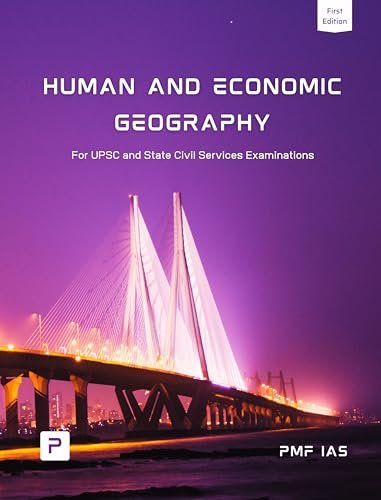



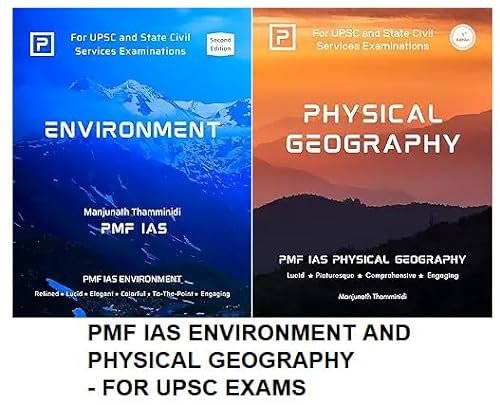
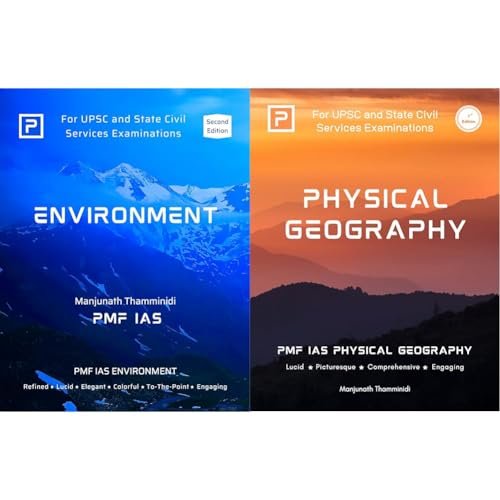
![PMF IAS Environment for UPSC 2022-23 [paperback] PMF IAS [Nov 30, 2021]…](https://pmfias.b-cdn.net/wp-content/uploads/2024/04/pmfiasenvironmentforupsc2022-23paperbackpmfiasnov302021.jpg)


